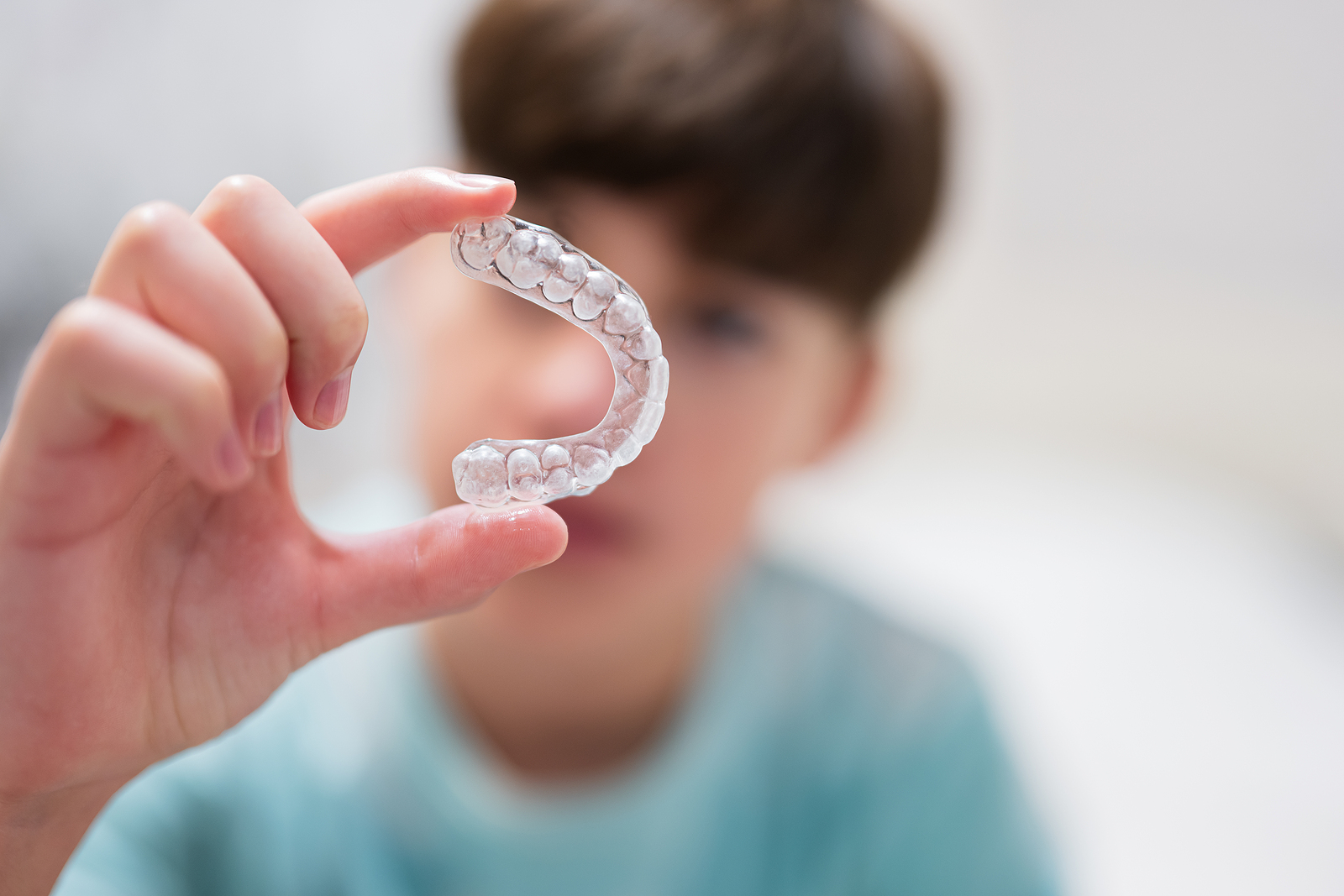
Why Dental Implants Are A Game-Changer In Restorative Dentistry?
When it comes to restoring your smile, dental implants have emerged as a revolutionary solution in restorative dentistry. Imagine biting into an apple without hesitation or smiling confidently in photos again. Dental implants in Washington, DC, offer not just aesthetic benefits but also functional advantages that traditional methods often can't match. As more people discover this game-changing option, the conversation around their effectiveness and longevity continues to grow. Let's explore why these remarkable fixtures are transforming dental care and how they can make a difference for you.
The Benefits of Dental Implants
- Dental implants offer a multitude of advantages that can significantly enhance your quality of life. Their primary benefit is the restoration of function, allowing you to chew and speak without discomfort or difficulty.
- Another crucial aspect is their durability. Unlike traditional dentures, which may need frequent replacements, dental implants are designed to last for many years with proper care.
- Aesthetic appeal cannot be overlooked. Implants look and feel like natural teeth, boosting confidence in social situations and daily interactions.
- Moreover, they contribute to oral health by preventing bone loss in the jaw. When a tooth is missing, the surrounding bone can deteriorate over time. Implants stimulate this bone just like natural roots do.
- Patients also appreciate that maintaining dental implants requires similar hygiene practices as regular teeth—brushing and flossing regularly keeps them in excellent condition.
Types of Dental Implants
When it comes to dental implants, there are several types designed to meet various needs. Endosteal implants are the most common option. They’re placed directly into the jawbone and serve as a sturdy foundation for crowns or bridges.
Subperiosteal implants offer an alternative for patients who may not have sufficient bone height. These sit on top of the jaw but beneath the gums, providing stability without extensive bone grafting.
Mini dental implants are another innovative choice. Smaller in diameter, they can be ideal for those with limited space or who require less invasive procedures.
Each type caters to different patient requirements and preferences. Choosing the right one depends on individual cases, overall health, and personal goals in restoring one’s smile. Consulting a qualified dentist is essential for making an informed decision about which dental implant suits your situation best.
The Process of Getting Dental Implants
Getting dental implants involves several key steps that ensure a successful outcome. First, an initial consultation is essential. This allows your dentist to assess your oral health and determine if you are a suitable candidate.
Once approved, imaging tests like X-rays are conducted. These provide detailed views of your jawbone and help in planning the implant placement accurately.
The next step is the surgical procedure itself. The dentist places the titanium post into your jawbone, serving as a root for the new tooth. After this operation, healing time varies but typically lasts several months while osseointegration occurs—the process where bone fuses with the implant.
After healing, abutments are attached to connect the implants with custom-made crowns. Follow-up appointments will be necessary to check on progress and make any adjustments needed before completing your restoration journey. Contact us to learn more.
Aftercare and Maintenance for Dental Implants
- Caring for your dental implants is essential to ensure their longevity. After the procedure, it’s important to stick to a gentle oral hygiene routine. Brush twice daily using a soft-bristled toothbrush and non-abrasive toothpaste.
- Flossing remains crucial, but you might consider special implant-friendly tools or water flossers. These can help navigate around the implant without causing damage.
- Regular check-ups with your dentist in Washington, DC, will keep everything on track. Professional cleanings every six months can prevent complications and maintain your smile's integrity.
- Watch out for any changes in sensation or discomfort around the implant site. If something feels off, don’t hesitate to reach out to your dental provider promptly.
- Diet plays a role, too; avoiding hard or sticky foods right after placement can aid healing. As time goes on, maintaining good habits ensures that your investment lasts a lifetime.
Comparison with Other Restorative Options
When considering restorative dentistry, various options are available. Traditional dentures and bridges have been popular for years. However, they often come with limitations.
Dentures may slip or feel uncomfortable, leading to self-consciousness during daily activities like eating or speaking. They also require regular adjustments and replacements over time.
Bridges offer a more stable solution but depend on adjacent teeth for support. This can compromise the health of surrounding natural teeth as they need reshaping.
In contrast, dental implants provide a permanent solution that integrates seamlessly into your jawbone. They mimic natural tooth roots, ensuring strength and durability without affecting neighboring teeth.
Patients appreciate that implants do not require removal for cleaning; simply brush and floss like you would your own teeth. The longevity of dental implants makes them an appealing choice in restorative dentistry compared to other temporary solutions.
Conclusion
Dental implants have revolutionized the field of restorative dentistry, offering a durable and aesthetically pleasing solution for those with missing teeth. Their unique ability to mimic natural tooth function sets them apart from other options. Patients in Washington, DC, can benefit significantly from this advanced dental technology.
With various types available, including endosteal and subperiosteal implants, there is an option suitable for nearly everyone. The process of obtaining dental implants may seem daunting at first; however, with skilled professionals guiding you through each step—from initial consultation to aftercare—the journey becomes much more manageable.
Proper maintenance contributes greatly to the longevity of your dental implants. Regular check-ups and good oral hygiene practices will ensure that they serve you well for years to come.
When comparing dental implants to traditional dentures or bridges, it’s clear why many patients prefer them as their restoration choice. Not only do they offer comfort and stability, but they also enhance self-esteem by improving overall appearance.
For individuals seeking a long-term solution for tooth loss in Washington, DC, embracing the benefits of dental implants could be one of the best decisions made regarding oral health care.
While most patients with missing teeth are good candidates for dental implants, you must consult Dr. Roshan to determine if dental implants are right for you. Visit Georgetown Cosmetic Dentistry at 2440 M Street, NW, Suite 328, Washington, DC 20037, or call (202) 785-4141 to learn more about dental implants.
Office Hours
MON - THU8:00 am - 4:00 pm
FRIBy appointments only
SAT - SUNClosed
2440 M Street, NW, Suite 328,
Washington, DC, 20037
Phone: (202) 785-4141Text Us: (202) 785-4141



comments